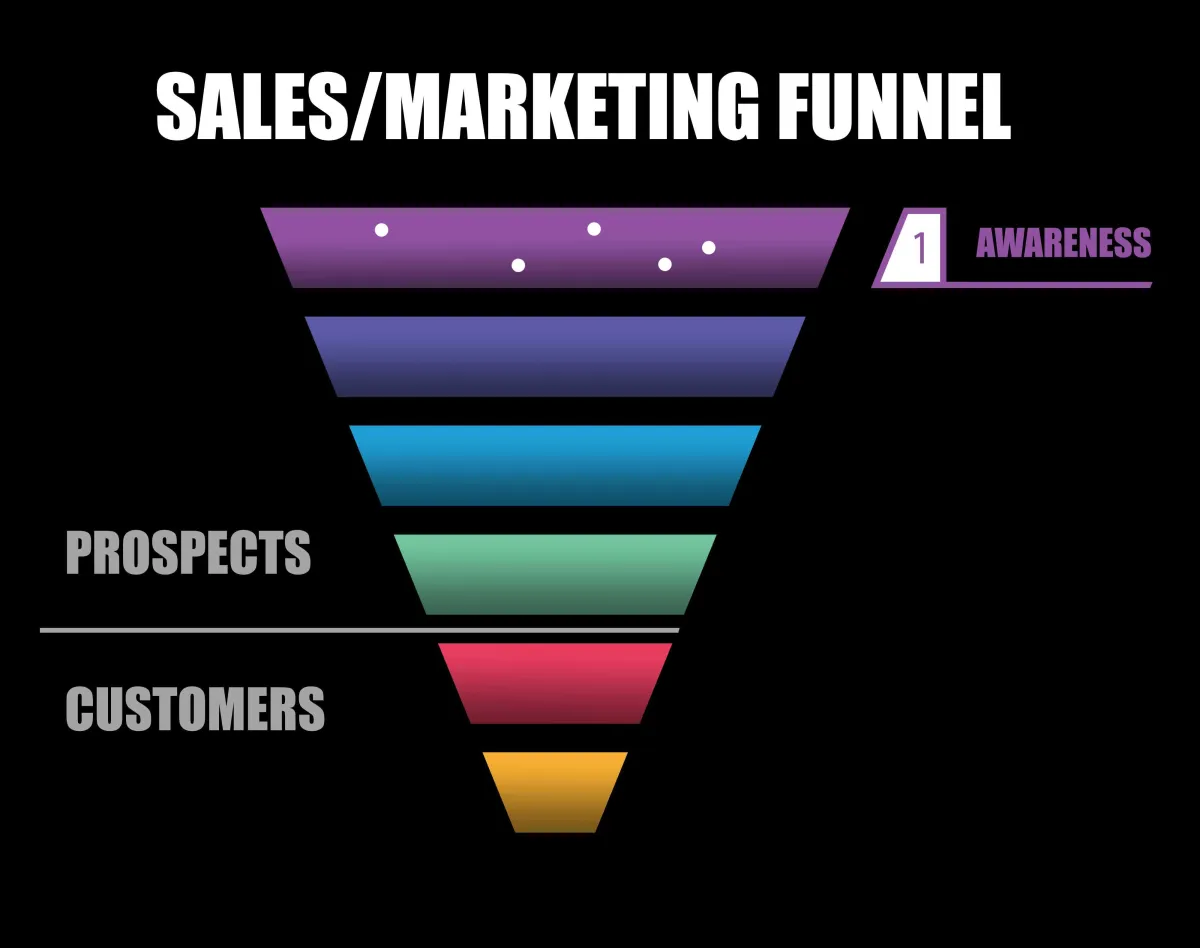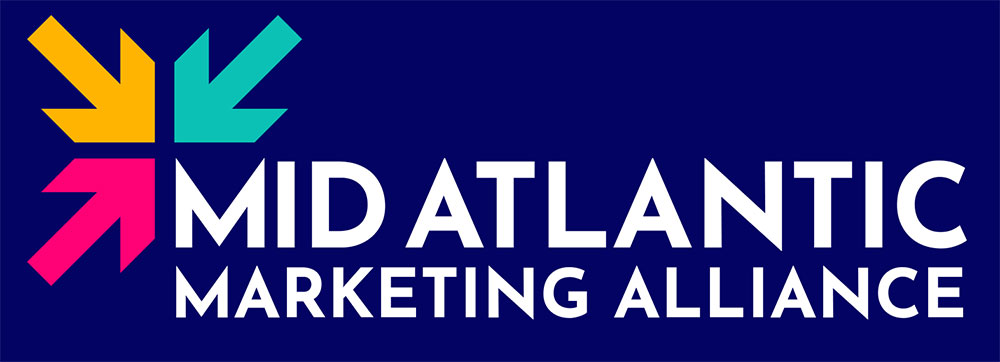
The Awareness Stage

Strategies Implemented at the Awareness Stage Include (but are not limited to):
Appointment Setters
Billboards
Branding / Graphic Design
Case Studies and Testimonials
Cause Marketing
Content Marketing (Blogs, Infographics, Videos)
Display Local Media
Geotargeting/ Geofencing
Interactive Content (Quizzes, Surveys)
Landing Pages with Clear CTAs
LinkedIn Lead Generation
Local Search
Mailers
Movie Screens
Networking / Sponsorships / Outreach
Paid Advertising (Google Ads, Social Media Ads)
Promotional Items/Apparel
Prospect Identification (Pearldiver)
Public Relations (Press Releases, Media Coverage)
Search Engine Optimization (SEO)
Social Media Marketing (Organic Posts, Influencers)
Traditional Broadcast
Traditional Print
Website Redesign, Updates, Maintenance
The Marketing Funnel
The Awareness Stage is the first and most critical step in the marketing funnel, as it introduces potential customers to a brand, product, or service. Without strong awareness, businesses struggle to attract prospects and fill the funnel with potential buyers. This stage focuses on capturing attention, building brand recognition, and establishing credibility in a crowded marketplace. The goal is not immediate sales but to make the brand memorable and relevant to the target audience. Since consumers can’t engage with a business they don’t know exists, creating broad yet targeted visibility is essential for guiding potential customers into the next stages of the funnel.
Tactics used in the Awareness stage revolve around reaching as many relevant people as possible through high-impact, top-of-funnel marketing strategies. These include search engine optimization (SEO) to rank in search results, content marketing like blog posts and videos to provide value, social media campaigns to generate buzz, and digital advertising (such as display ads or pay-per-click) to expand reach. Public relations efforts, influencer partnerships, and event sponsorships can also play a role in positioning a brand in front of the right audience.
A strong Awareness strategy ensures that when potential customers need a product or service in the future, they think of your brand first, setting the stage for deeper engagement in the Interest and Consideration phases.

